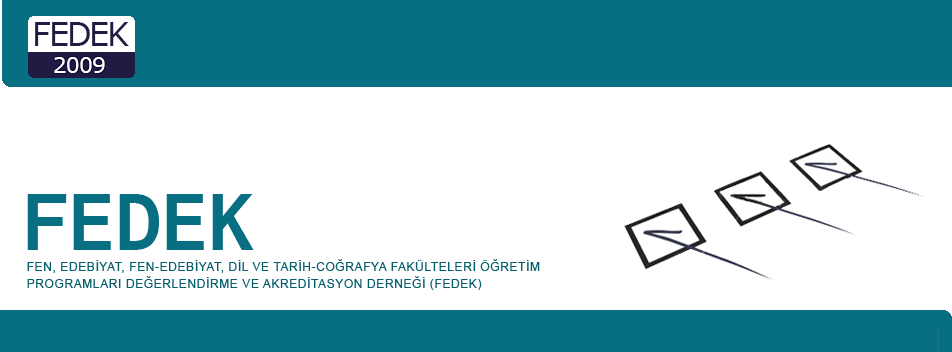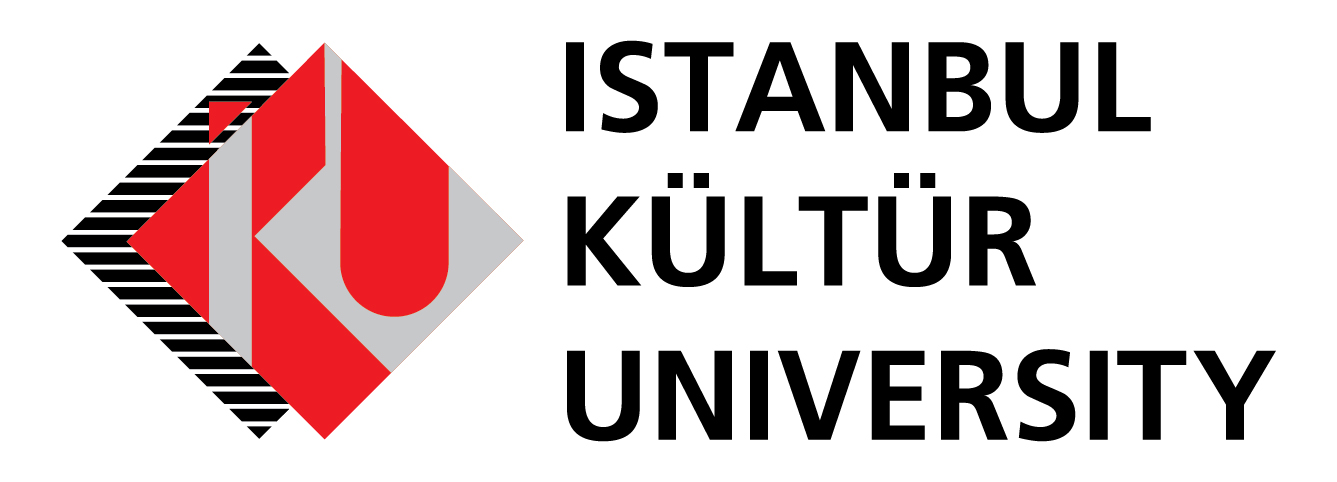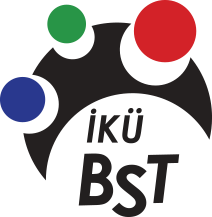Istanbul Kültür University started the Bologna Process in the 2010-2011 Academic Year when it was first put into practice in Turkey. With the participation of all units of the university, after a comprehensive year-long process, all the programs of İKÜ were adapted to the Bologna Process and structured according to the European Credit Transfer System. For this purpose, the Diploma Supplement was put into practice and students now receive the Diploma Supplement upon graduation. The new curricula, which are made visible through a dynamic Academic Package with contents both in Turkish and English on the University website and are designed according to the structure required by the Bologna Process, were immediately put into practice, and the necessary evaluation and assessment processes were started.
Quality assurance in education is possible with the combination of evaluation and accreditation methods adopted by the universities. National and international accreditation should be considered not only as a goal for obtaining quality assurance but also as a tool for determining the necessary changes to achieve and maintain contemporary education.

What is the Bologna Process?
The ministers responsible for higher education in 29 European countries gathered in 1999 in Bologna, Italy at the University of Bologna, one of the first universities of the world, and initiated the idea of creating a common higher education area in Europe by signing and issuing the Bologna Declaration. The declaration aimed to create higher education diplomas comparable to each other, transition to a two-stage degree system in higher education, namely Bachelor’s and Master degree, implement the European Credit Transfer System (ECTS), enable and popularize the mobility of students and faculty members, and to develop the European dimension in higher education. One of its most important aims was to establish and expand the network of quality assurance systems in higher education. Two years after the publication of the mentioned declaration, Turkey participated in this process which had gradually increased its influence, and agreed to be a part of the European Higher Education Area (EHEA) which was expected to have been completed by the end of 2010. At the end of 2010, with the completion of the EHEA, covering a total of 45 countries, it became a legal obligation for Turkish universities to join the Bologna Process. The practices of the Bologna Process in the relevant countries are maintained through the principles developed by the European Association for Quality Assurance in Higher Education and are defined by the "Standards and Guidelines for Quality Assurance Principles" for the higher education institutions in the EHEA. The participating countries are subject to the evaluation and assessment processes in light of these principles.
FEDEK Accreditation
FEDEK is an evaluation and accreditation board that is recognized as a national quality assurance body by the Council of Higher Education (YÖK) and has received the "Quality Assessment Registration Certificate", and been given the right to accredit the programs of the Faculties of Sciences, Letters, Science and Letters, and Language, History and Geography of higher education institutions.
The departments of Physics, Mathematics and Computer Science, Turkish Language and Literature, Psychology, and Molecular Biology and Genetics of the Faculty of Science and Letters of Istanbul Kültür University were accredited following the first evaluation by FEDEK.
Our Department of Molecular Biology and Genetics, which has been the first one to be accredited among the other Departments of Molecular Biology and Genetics, has been re-accredited between May 2021- September 2026.
Our Department of Psychology and Department of English Language and Literature, which was evaluated according to FEDEK Evaluation Criteria, was accredited by FEDEK between 09 May 2021 - 30 September 2023.



